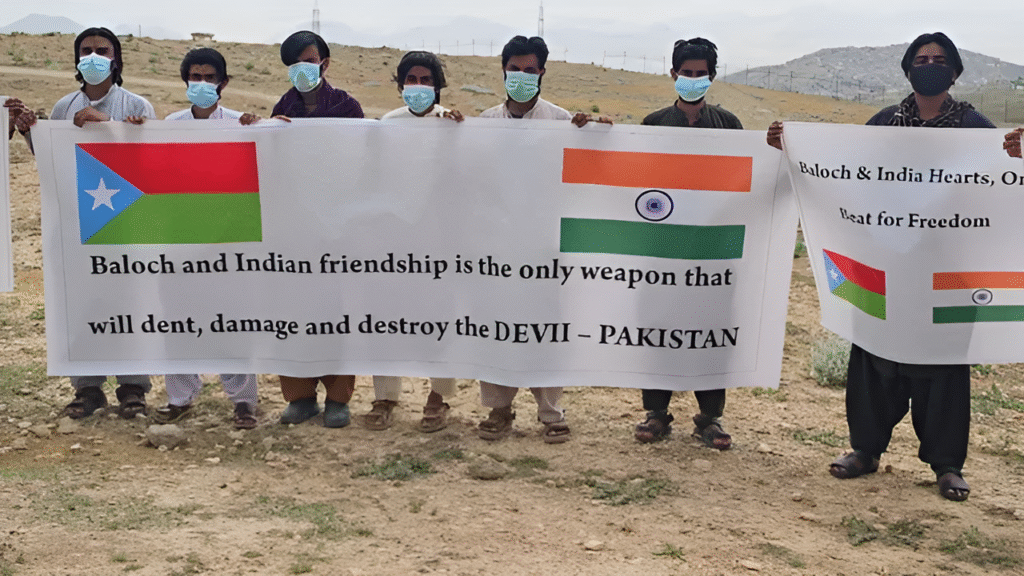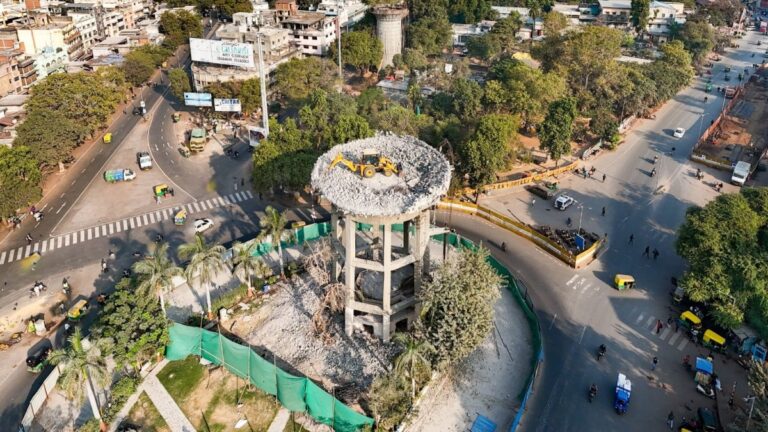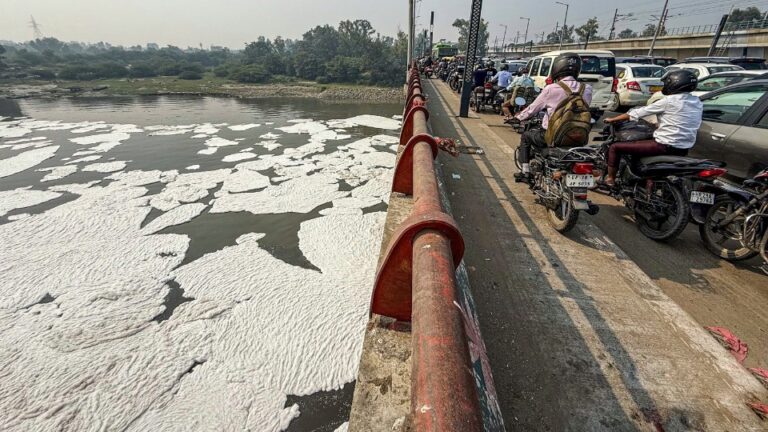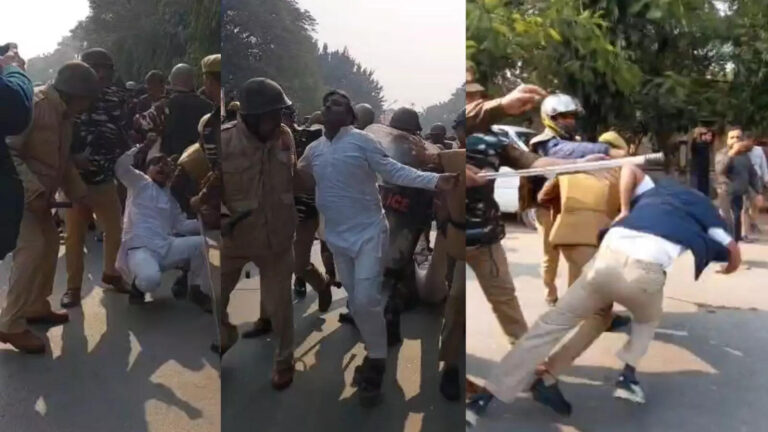On May 14, 2025, exiled Baloch leader Mir Yaar Baloch declared independence from Pakistan and announced the formation of the Republic of Balochistan. The declaration was made public through a viral video, followed by a plea to the United Nations for a peacekeeping mission, and a request to India to open a Baloch embassy in New Delhi.
The movement gained further momentum when the Balochistan Liberation Army (BLA) launched “Operation Herof 2.0,” carrying out 78 coordinated attacks across 58 locations in Pakistan, including intelligence outposts and military installations.
Is the Republic of Balochistan Recognized Internationally?
As of now, no country or international organization has officially recognized the Republic of Balochistan. While the movement has gained massive traction on social media and in diaspora communities, world powers have taken a cautious stance, treating it as an internal matter of Pakistan.
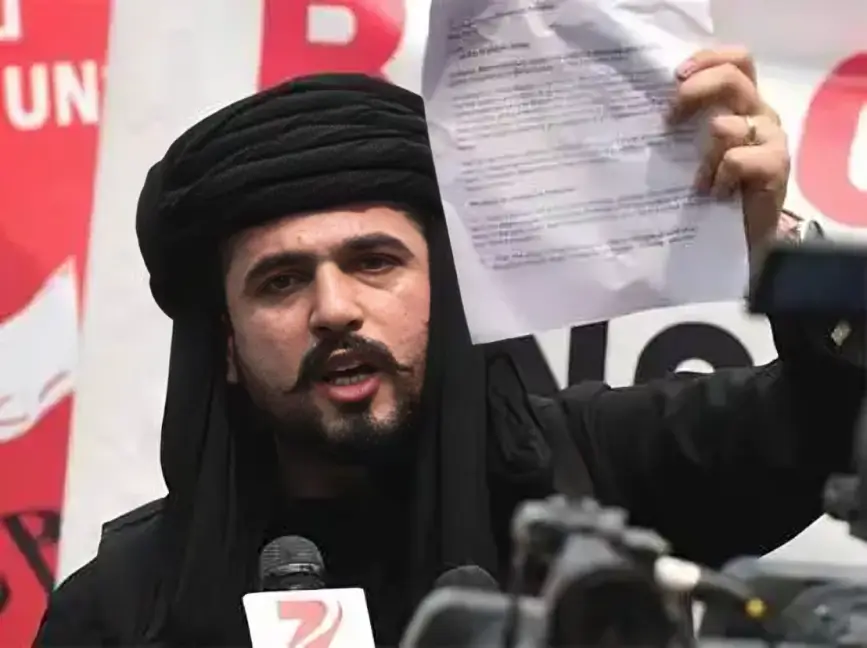
Still, Baloch leaders continue to lobby for global attention, drawing comparisons with the Bangladesh Liberation War of 1971.
What Is India’s Role in All This?
India finds itself in a strategic dilemma. Supporting Balochistan openly could:
- Place diplomatic and military pressure on Pakistan
- Disrupt CPEC, China’s major economic corridor through Balochistan
- Boost India’s image as a champion of oppressed communities
However, it also risks:
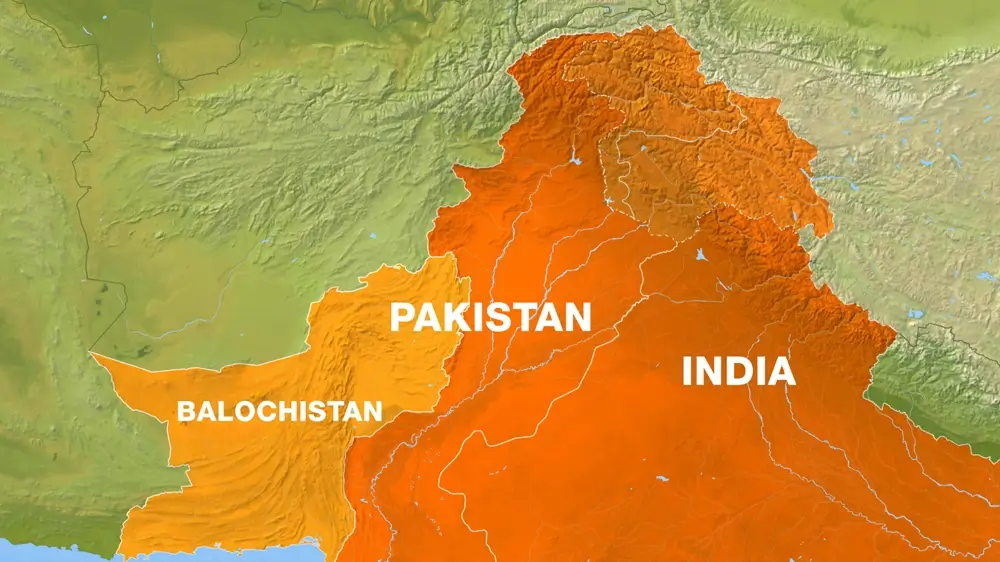
- Escalating military conflict with Pakistan
- Triggering Chinese involvement
- Drawing criticism for interfering in another country’s sovereignty
So Should India Support Balochistan?
Experts suggest India should take the “strategic ambiguity” route:
- Raise human rights concerns internationally
- Engage with Baloch leaders behind the scenes
- Use media and diplomacy, rather than military, to shape narratives
Why Balochistan Wants Freedom
Historical Background: Before merging with Pakistan in 1948, Kalat (a part of Balochistan) was briefly an independent sovereign state. Many Baloch nationalists believe the merger was forcibly imposed by Pakistan.
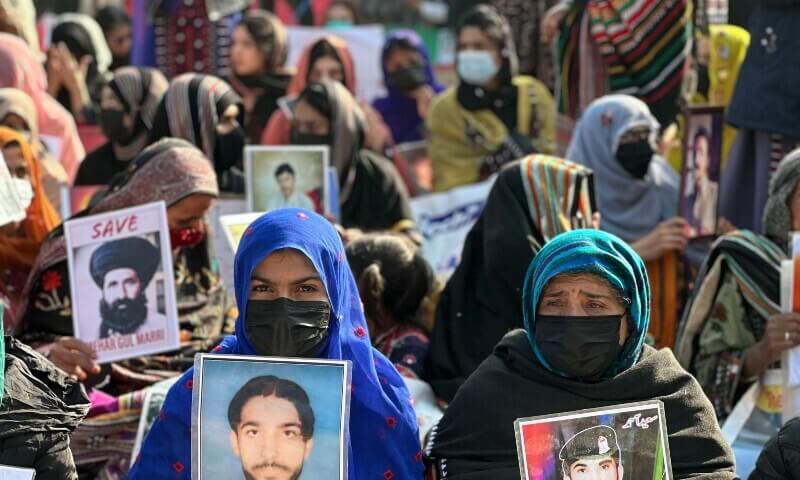
Neglect & Exploitation: Despite being Pakistan’s largest province by area, Balochistan remains economically backward, with high poverty, low literacy, and chronic underdevelopment. Its rich natural resources (gas, coal, minerals) are heavily extracted, yet locals receive little benefit.
Human Rights Violations: Enforced disappearances, torture, and military operations have created a climate of fear. Thousands of Baloch youth have allegedly gone missing in recent years, fueling anger and rebellion.
What’s Next for the Region?
- If the Republic of Balochistan gains recognition, it could redraw the map of South Asia.
- If suppressed, it might radicalize further, leading to long-term insurgency.
- The situation also tests India’s diplomatic maturity, Pakistan’s unity, and China’s patience.
Final Thoughts
The Republic of Balochistan may be more than just a hashtag — it’s a cry for identity, justice, and freedom. Whether it becomes the next Bangladesh or remains a dream denied depends on how the world — especially neighbors like India — chooses to engage.
